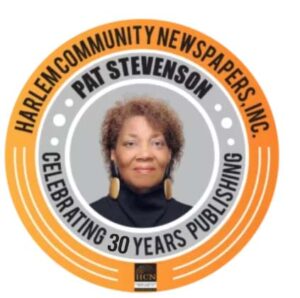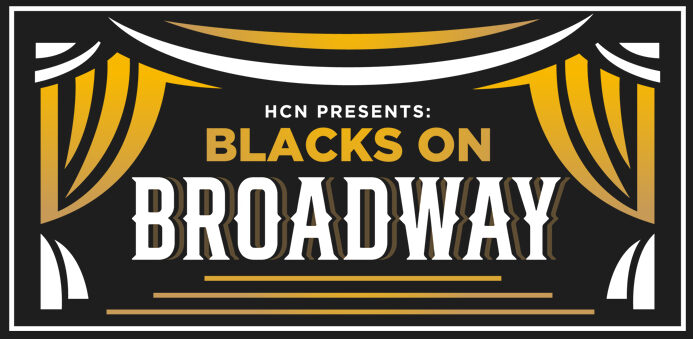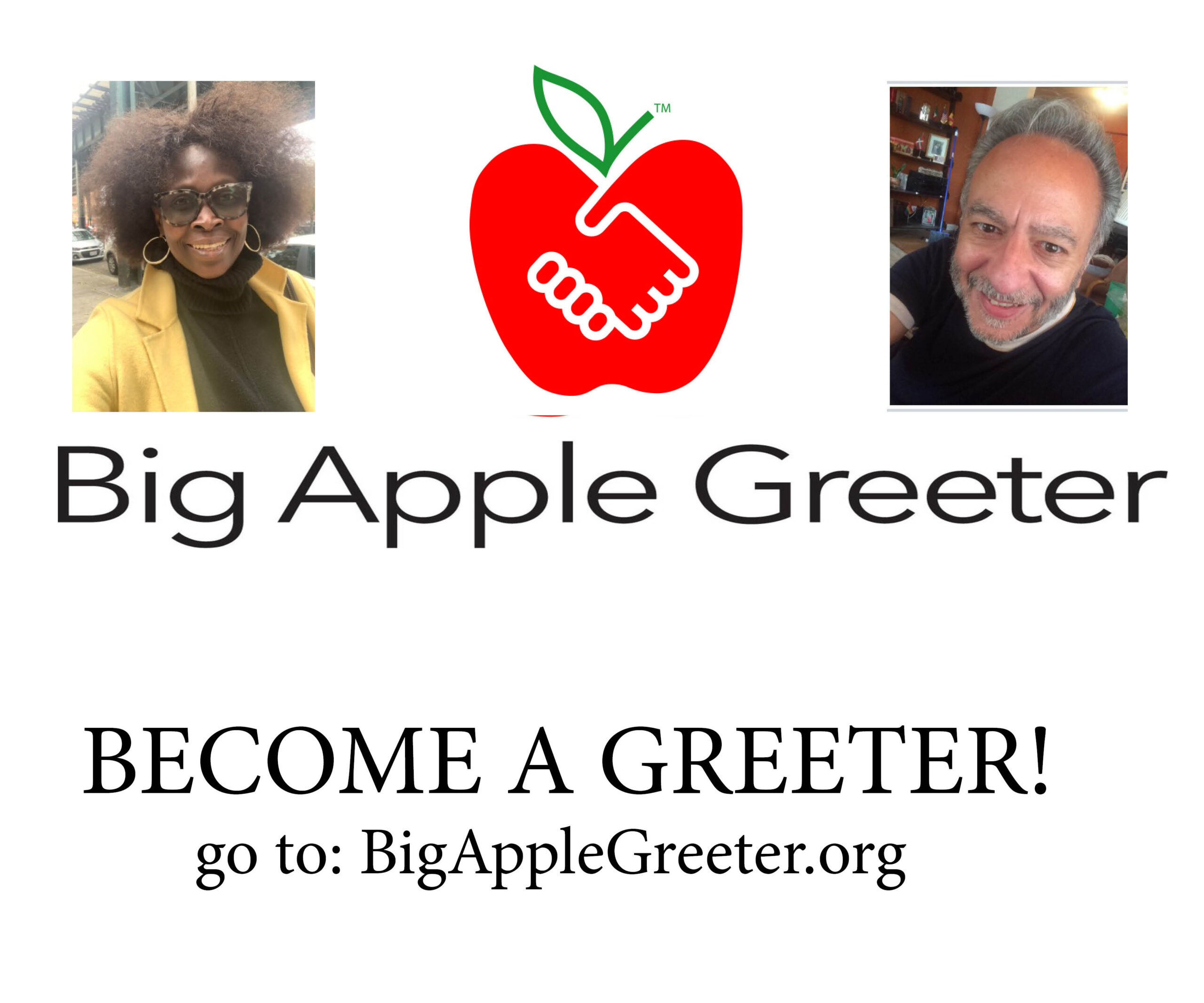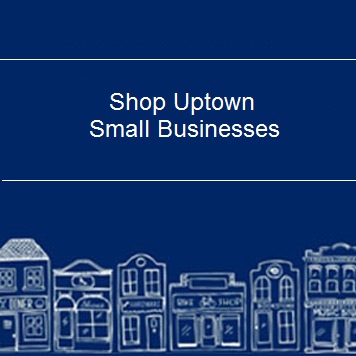Urbanology: Freemasonry and the African Diaspora
Categories: Articles, William “Tony” Rogers,
Urbanology: Freemasonry and the African Diaspora
By W.A. Rogers
A
s we close out a month of celebrating the many achievements of Africans born in America and throughout the world, I feel it is important to discuss the role that freemasonry has played.
In 1820, Jean-Pierre Boyer, a mason, became the president of Hispaniola, the island that includes both Haiti and the Dominican Republic. Haiti became the only country in the Americas to become independent and ruled by former slaves in 1804.
Toussiant Louverture and Jean-Jacques were the two Generals who led the Haiti Army in the defeat of Napoleon’s army in the North of Haiti and the Spanish in the South. Both were freemasons and former slaves. Under Boyer’s leadership, Haiti became one of the wealthiest countries in the Caribbean region.
Haiti also became a sanctuary for runaway slaves; if you were African, you were free to prosper in Haiti. Many African slaves in America migrated to Haiti. Freemasonry was also growing in America. Crispus Attucks, an African Freemason, was the first American shot at the beginning of America’s fight for independence.
Attucks was killed on March 5, 1770, during the Boston Massacre, which was the first major confrontation between colonists and British soldiers in Boston, Massachusetts. In 1784, Prince Hall was granted a charter from the Grand Lodge of England to form African Lodge No. 459, later known as the Prince Hall Grand Lodge, the first lodge of African American Freemasons.
The Boyer Lodge became the first charted Masonic Lodge in New York State. The charter was issued on February 16, 1812, by Peter Lew, Grand Master of the Prince Hall Grand Lodge of Massachusetts. The Boyer Lodge No. 1 was named after Jean Pierre Boyer. While president of Haiti, President Boyer sent agents to America to support the African American struggle for freedom.
St. Philip’s Episcopal Church and Abyssinian Baptist Church were two major churches that were part of the development of the Prince Hall Lodge in Harlem. Both churches have a history in the civil rights movement, community activism, and social services and have been associated with many influential figures in African American history.
Freemasons have a long history in the African Diaspora’s struggle for freedom. Boyer Lodge # 1 has met continuously for over 200 years. “Making good men better since 1812” is a motto of the lodge. When you look closely at the history of freemasonry, you will be taken back to early Kemet, when Europeans invaded Kemet and stole much of the knowledge that dated long before Christianity.
This knowledge was taken from Africa and became the foundation for American history. Much of the stolen knowledge went underground due to religious persecution. Pope Clement XII banned the practice of freemasonry in 1738. This type of persecution made it especially difficult for members of the African Diaspora to practice the Craft.
It would not be possible to talk about the African Diaspora’s historic journey to freedom without acknowledging the influence of freemasonry. For additional information, visit the www.boyerlodge.com.






